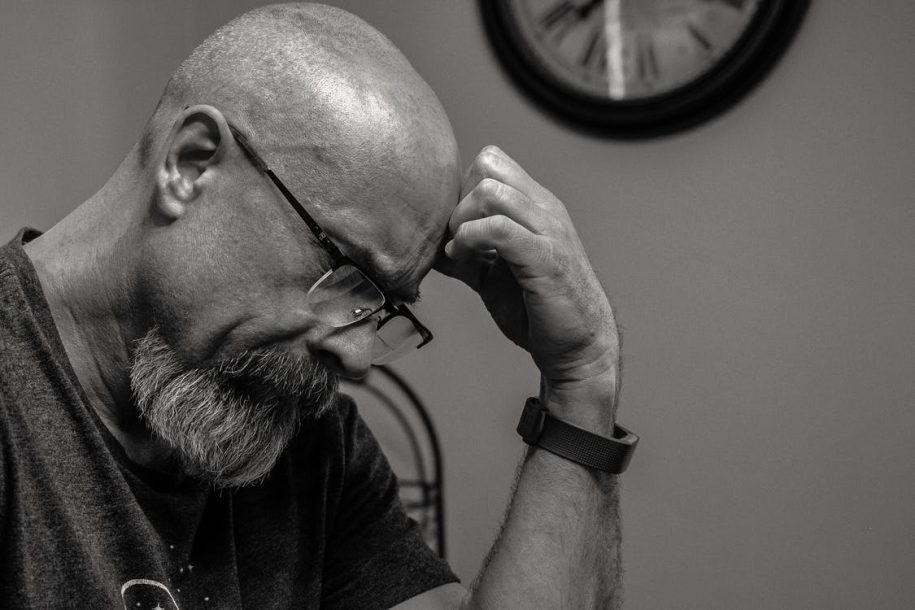Alopecia is a dermatological disorder that affects over 50 percent of men and women. However, men are more likely to experience the effects of hair loss at a younger age compared to women.
Studies indicate that while this condition has very few physically harmful effects, it is associated with damaging psychological effects, including depression and social anxiety.
In this piece, we’ll go over some of these effects, based on research published by the National Center for Biotechnology Information.
1. The Link between Hair and Identity
Extensive research has been conducted on the effect hair has on one’s self-identity. For women, in particular, hair plays a significant role in how they define themselves.
One study showed that 40 percent of women reported marital problems, and 63 percent indicated they had career-related difficulties as a result of hair loss.
With such a strong link between hair and identity, it’s no wonder that as the severity of hair loss increases, the psychological distress associated with the condition also worsens.
As hair loss mounts, individuals feel like they are losing a part of their identity. This leads to the issues that will follow in this piece.
2. Anxiety and Depression
As hair loss increases, people start to feel more self-conscious about their appearance. As a result, they start looking for products that will give them a permanent “cure.”
Although there aren’t any FDA-approved medications that can regrow hair, it doesn’t stop people from making false claims and spreading misinformation.
Constantly worrying about one’s appearance to this extent can lead to the onset of anxiety and depression. People who deal with these conditions due to hair loss find themselves comparing themselves to others, which leads to poor self-esteem.
3. Poor self-esteem
Poor self-esteem results from feelings of inadequacy about one’s appearance or abilities. The lack of confidence prevents people from engaging in social activities, which can worsen the symptoms of depression. It affects our relationships, our work, and overall wellbeing.
How can scalp micropigmentation help?
Scalp micropigmentation is a non-surgical procedure that mimics the look of natural hair follicles. Similar to a tattoo, strategically placed dots are added to the scalp to give off the appearance of thicker, fuller hair.
The treatment is more affordable and much less painful than a hair transplant. And the best part is that the results are visible almost immediately—so there’s no room for false advertising.
To get the best out of SMP, it’s extremely important to choose an experienced SMP practitioner. If you’re thinking about getting SMP, Delaware Scalp Micropigmentation offers non-surgical hair loss treatment for women and men.
We’ve helped hundreds of clients regain their confidence. If you want to find out whether you’re a viable candidate for SMP, visit our scalp micropigmentation clinic.
To book a consultation, call 302-292-0380, or visit our website.

